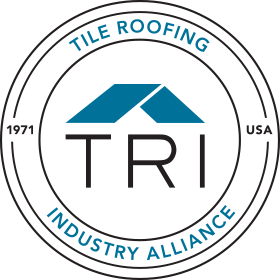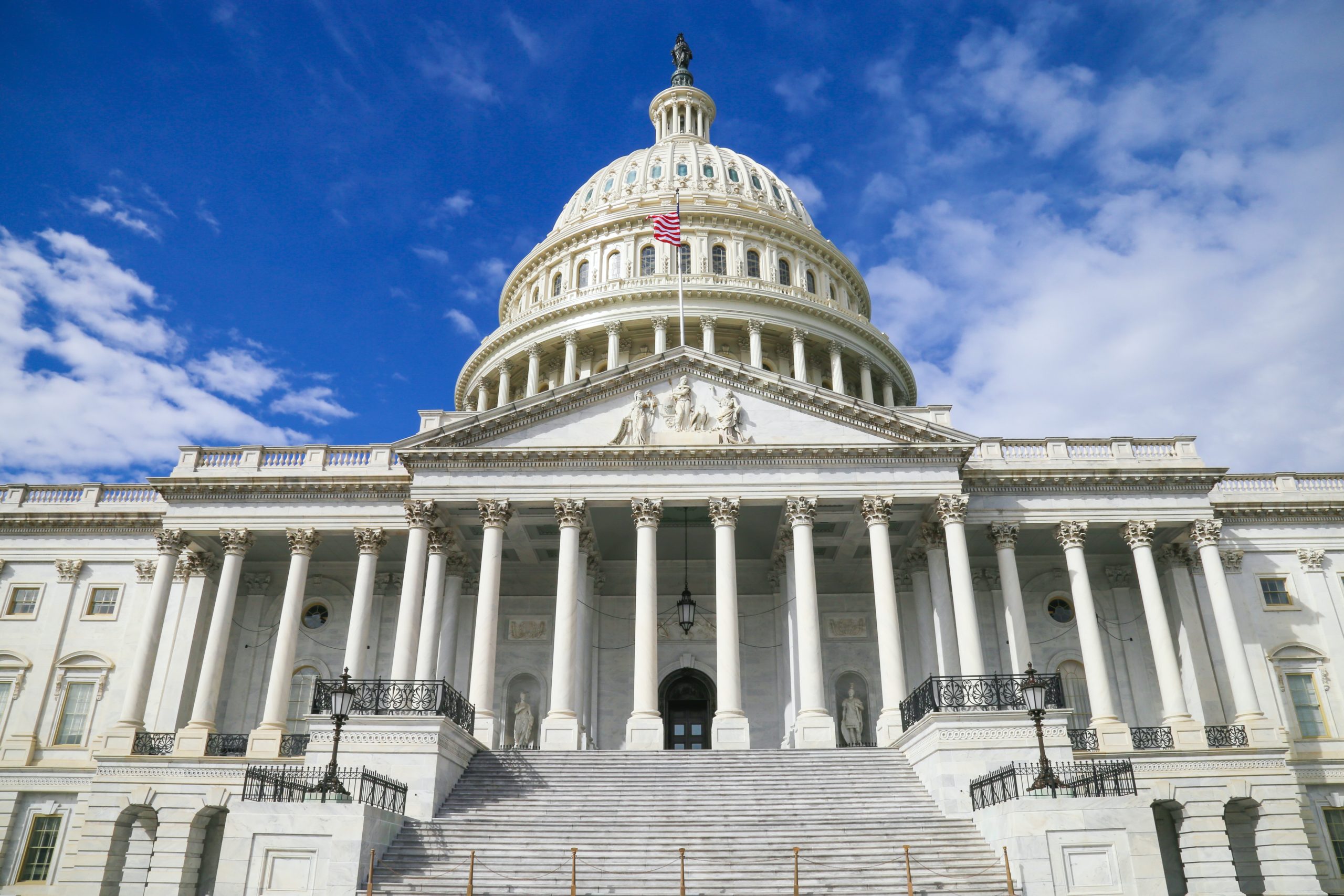OSHA Proposal to Revoke Arizona State Plan
TRIA submitted comments to OSHA on June 24, opposing its move to revoke the Arizona State Plan.
Spring Unified Federal Regulatory Agenda
On June 21, the 2022 Spring Regulatory Agenda was released listing agencies’ agendas. Items of concern beyond OSHA’s move to revoke Arizona’s State Plan include an OSHA heat illness standard and DOL’s efforts to change the definitions of “independent contractor” and “joint-employer” along with expanding overtime regulations.
Supply Chain Crisis
On June 16, President Biden signed the Ocean Shipping Reform Act of 2022 after the House passed the Senate version 369-42. This rare bipartisan achievement will strengthen Federal Maritime Commission authority to crack down on ocean carriers’ unreasonable supply chain practices that raise costs for shippers and consumers.
Congress’s Agenda
With the primaries in full swing and President’s low ratings, Congress’s agenda is now mostly focused on Appropriations, the Bipartisan Innovation Act, and Reconciliation:
The House is drafting FY23 approp’s bills but an FY22 Continuing Resolution through Nov. 8 is likely.
The Bipartisan Innovation Act conference on House/Senate “China competition” bills is stalled and a final bill could be $52 billion for chip manufacturing and not much more.
Reconciliation talks between Sen. Manchin (D-WV) and Majority Leader Schumer (D-NY) for a slim Build Back Better bill needing only Democrats to pass are happening, but Democrats’ hopes were rocked by Sen. Patrick Leahy (D-VT) needing surgery for a broken hip (see attached article).
Uyghur Forced Labor Protection Act (UFLPA)
The UFLPA went into effect on June 21 and essentially makes it illegal to import anything produced in or using materials from the Xinjiang region of China, assuming imports traced to the region involve the forced labor of Uygur Muslims. UFLPA enforcement strategy initially identifies four priority sectors: cotton, tomatoes, silica-based products (including polysilicon in solar panels), and apparel. Solar panels look to be the silica target for now, but the UFLPA’s Entity List for Xinjiang includes a company that makes “silica-based products” and U.S. Customs and Border Protection (CPB) guidance states importers must have evidence that goods were not “Mined, Produced, or Manufactured” in the region. As such, the UFLPA would appear to cover silica-based tile and mortar imports.
Supreme Court Restricts EPA’s Power
The U.S. Supreme Court issued a decision today curbing the EPA’s power to regulate greenhouse gas (carbon dioxide) emissions from power plants. The 6-3 decision in West Virginia v. EPA finds the EPA exceeded its authority under the Clean Air Act, halting Biden Administration plans to impose regulations central to its climate change agenda. Senate Minority Leader McConnell (R-KY) said in a statement, “The Court has undone illegal regulations issued by the EPA without any clear congressional authorization and confirmed that only the people’s representatives in Congress – not unelected, unaccountable bureaucrats – may write our nation’s laws.”

